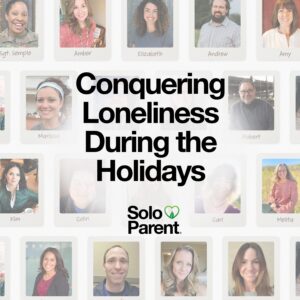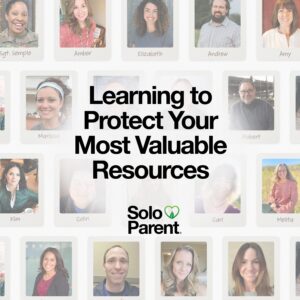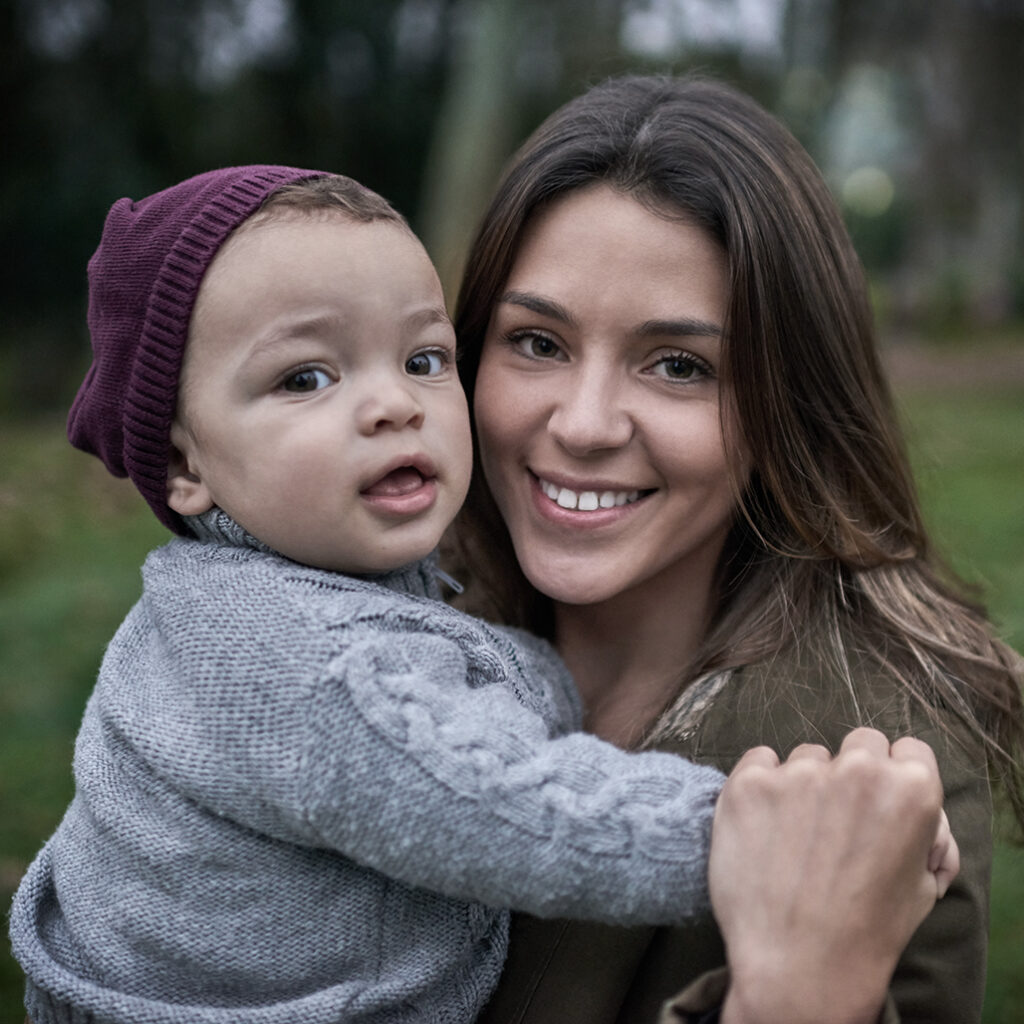You know that deep ache that hits when your kid is hurting and you realize you might be the reason? Maybe you made the hard call to divorce, or maybe you’re simply trying to keep things afloat as a solo parent—and your child, who didn’t ask for any of this, is along for the ride. That ache? That’s guilt. And if you’re anything like us, it can feel like an invisible weight you carry every single day.
But here’s what we want to say right off the top:
You are not alone.
And there is hope.
This episode is about the invisible burden so many of us carry—the guilt of being a single parent. Whether it’s second-guessing your decisions, comparing yourself to “better” families, or feeling like your kids deserve more, we get it. We’ve been there. Today, we’re unpacking what guilt really is, why being present not perfect is a better aim, and how good enough parenting might just save your sanity—and your connection with your kids.
What Is Guilt, Really?
Guilt is a universal emotion. But for single parents, it shows up like background noise—we may not even notice it’s there until it’s shouting at us in the quiet moments.
The NIH did a study that showed single parents regularly feel guilt just because of the structure of their household. We grieve that our kids don’t have what we had. We fear we’ve broken something that can’t be fixed.
But here’s where things shift:
Guilt isn’t always bad.
Healthy guilt is actually a messenger. It tells us, “Something here isn’t aligned with your values. Pay attention.” If we listen, it can guide us toward healing. If we ignore it or let it fester, it can spiral into toxic shame. And that’s when we start living under a cloud that keeps us stuck.
We talked about how guilt morphs into codependency—how we absorb our kids’ pain like it’s ours to carry. But their feelings are theirs. Our job isn’t to eliminate disappointment. It’s to walk with them through it.
Present, Not Perfect
If we’re honest, many of us are chasing something that doesn’t exist: the perfect parent.
And perfection is a trap.
The truth? Your kids don’t need a flawless parent. They need a present one. They need you to show up—not to fix the past, not to predict the future—but to sit on the couch and watch Planet Earth, to ask what they’re excited about today, to celebrate the wildflowers and sunsets.
When you show up like that, even for 15 minutes, it plants something lasting in them. Not the flashy vacations or the Pinterest-worthy meals. The small stuff sticks. The presence. The steadiness. The listening ear.
We’ve had to learn to let go of old expectations—and get honest about our new reality. Yes, some things are harder. Yes, you might only be able to do laundry once a week. But that’s not a failure. That’s reality. That’s strength.
Good Enough Parenting
Here’s a breath of fresh air:
You only need to meet your child’s emotional needs about 30% of the time to raise a healthy, well-adjusted kid.
That’s not our opinion—that’s science, from Donald Winnicott’s research.
What that means is you can stop chasing perfection. You don’t have to get it all right. You just need to be consistent enough. Safe enough. Present enough.
When we hear that, it loosens the grip of guilt. It lets us exhale. And it opens the door to grace—not just for our kids, but for ourselves.
Because here’s the truth: the things we worry about most? They usually aren’t the things our kids remember. But the small moments when we were fully there? Those are the memories that endure.
Listener Question:
“My child snacks all the time after school and gets upset if I set boundaries. How do you manage snacking when you’re not always home?”
We get it—kids and snacks can be a battleground. Especially when you’re working or away during those after-school hours.
One mom shared that her 11-year-old eats lunch at 10:30 and gets home starving at 3. So she lets him have one snack, something pre-approved—cereal, a granola bar, a small bowl of pasta—and then the kitchen is closed. Simple and consistent.
Another parent had to get creative and lock snacks away in her room after finding wrappers everywhere. It wasn’t ideal, but it worked. She communicated clear boundaries: “If you can follow the rules, the snacks come back out. If not, they go back in my closet snack store.”
The big idea here? It’s okay to say no. Kids might resist, but you are the one who sets the values in your home. You’re the adult. You’re the guide. That’s not about guilt—it’s about parenting with intention.
Final Thoughts
Every single parent wrestles with guilt. It’s part of the gig. But it doesn’t have to crush you. Let it be a signal, not a sentence. Let it draw you closer to your kids, not push you further into the past.
You don’t have to do it all.
You don’t have to do it perfectly.
You just have to be here.
And friend, you already are.




